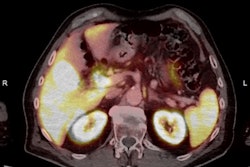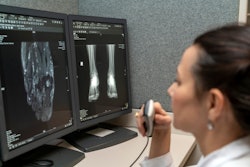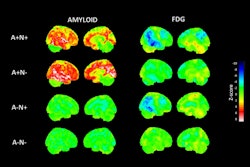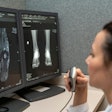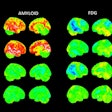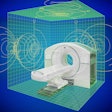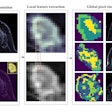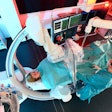Dear AuntMinnieEurope Member,
It’s never easy to get reliable information about an MRI accident. Understandably, nobody’s keen to speak openly about it, and we have to rely on local media reports and trusted contacts.
Tuesday’s article about the accident at Turku University Central Hospital is by far the most popular story this week in terms of page views. Thankfully, there were no reported injuries, but the full picture is still unclear, and we plan to do a follow-up soon.
Should Europeans fight American medical grammar and spellings? This is a very tough question to answer, particularly at a time when the transatlantic relationship is under great strain. You can get Dr. Paul McCoubrie’s take on the issue in an entertaining new column.
Over the past three years, clinical staff at Dublin’s Mater Misericordiae University Hospital have built up considerable expertise in F-18-PSMA-1007 PET/CT imaging, especially for prostate cancer. A multidisciplinary team from the Mater presented its findings and cases at ECR 2025 and has agreed to let us publish some of its images.
In other molecular imaging news, researchers from Madrid have reported that combining diagnostic information taken from an amyloid PET scan and an FDG-PET scan can predict the progression to Alzheimer’s disease in patients from mild cognitive impairment.
Italian investigators have found that PET scans performed at one or three months after patients with large B-cell lymphoma begin chimeric antigen receptor T-cell therapy can indicate whether they are responding to the treatment. The discovery may provide valuable insights for clinicians, enabling more personalized and timely interventions.
Philip Ward
Editor in Chief
AuntMinnieEurope.com



